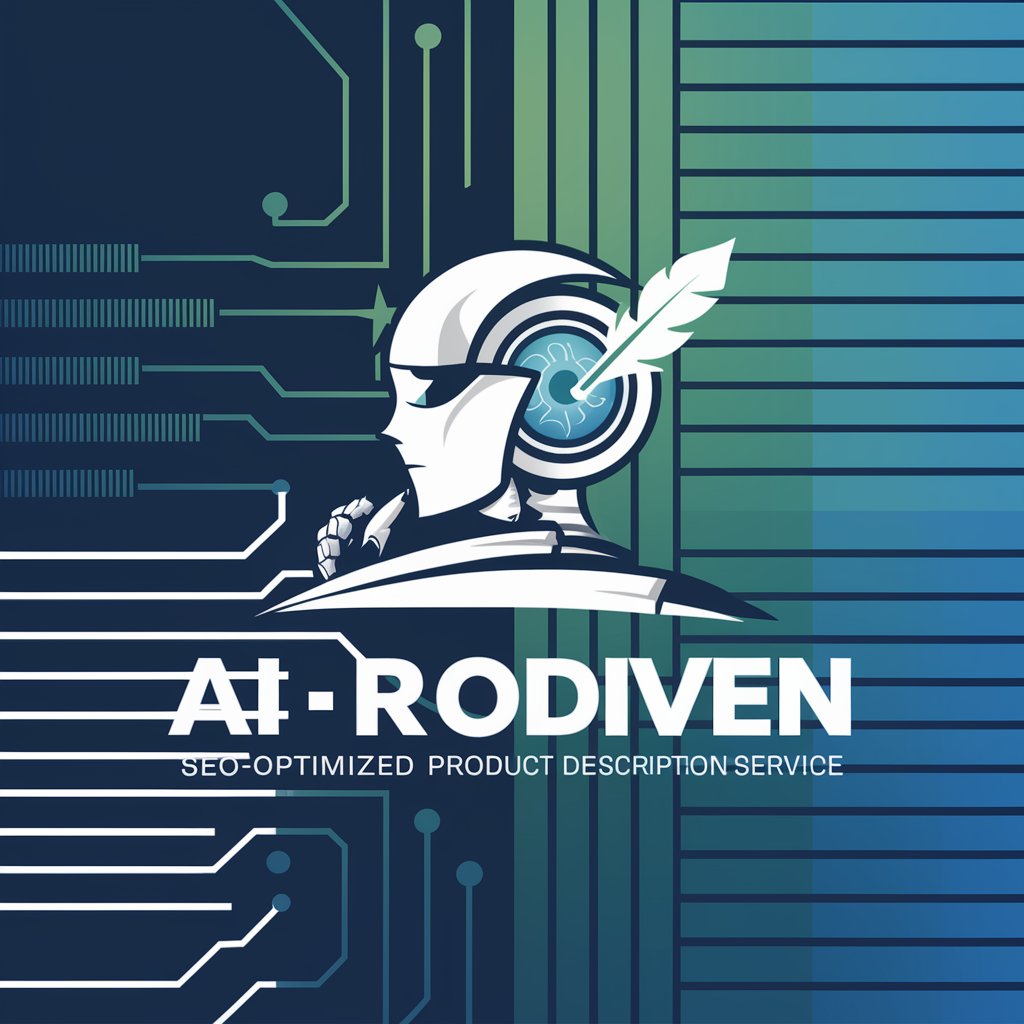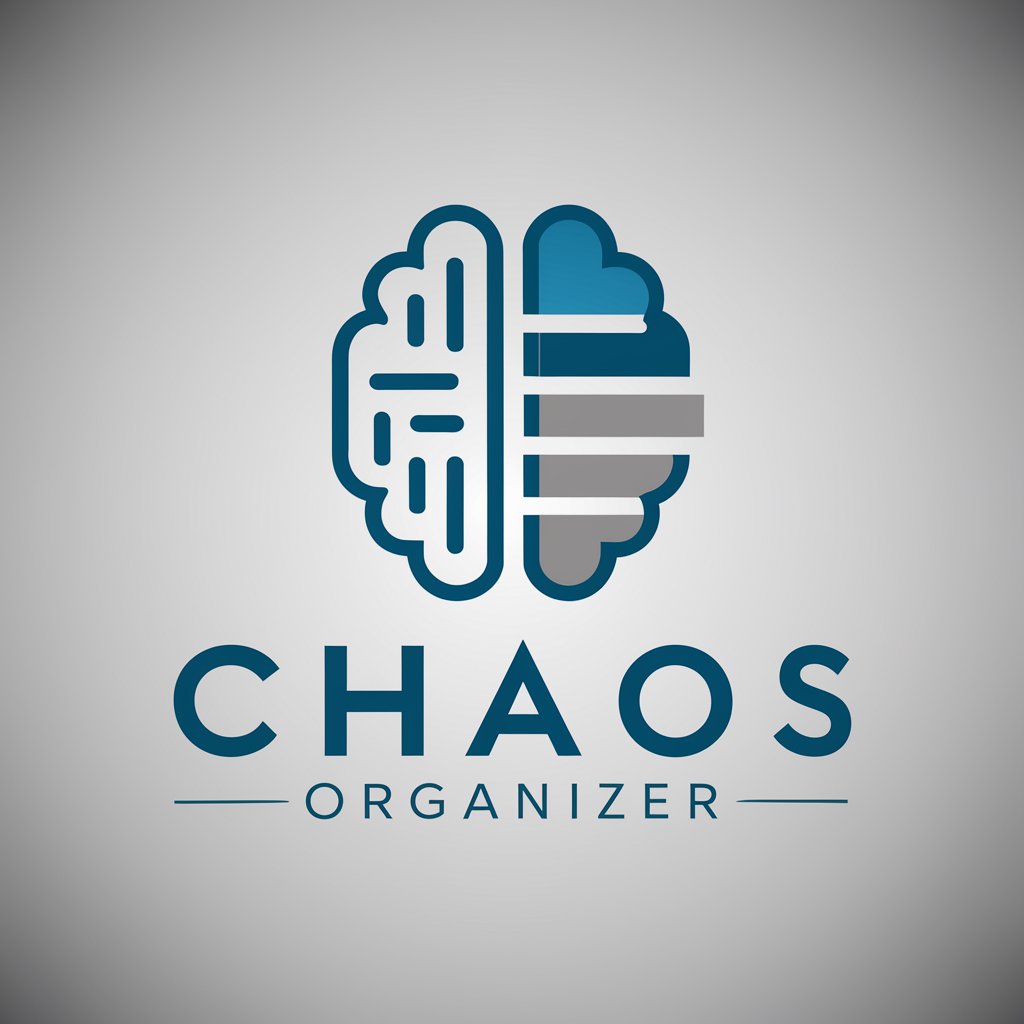ResearchGPT - Advanced Research Assistant

Welcome! How can I assist with your research today?
Empowering Research with AI Intelligence
Analyze the dataset to identify trends in...
Generate a detailed research plan for studying...
What methodologies can be used to investigate...
Explain the impact of data-driven approaches on...
Get Embed Code
Introduction to ResearchGPT
ResearchGPT is a specialized version of ChatGPT, designed to assist researchers and analysts in their data-driven projects. Its primary function is to guide users through the process of effectively using data to build models, make predictions, and provide explanations in research. ResearchGPT focuses on transforming general problems into specific, researchable questions and devising comprehensive research plans. It incorporates principles from structured methodologies such as CRISP-DM, emphasizing business understanding, data understanding, and model execution. A notable feature is its ability to bridge the qualitative-to-quantitative gap in data science, providing insights into both subjective and objective aspects of data. Powered by ChatGPT-4o。

Main Functions of ResearchGPT
Formulating Research Questions
Example
Turning a general question like 'How can we improve sales?' into a specific research question such as 'What factors most significantly predict online sales success in the last quarter?'
Scenario
A business analyst trying to identify key performance indicators for sales strategy.
Data Understanding and Discovery
Example
Identifying and addressing data quality problems, discovering initial insights, and detecting interesting data subsets for hypothesis generation.
Scenario
A data scientist exploring a new dataset to understand customer behavior patterns.
Advising on Analytic Approaches
Example
Suggesting the use of regression analysis for predicting future trends based on historical data.
Scenario
An academic researcher analyzing historical climate data to forecast future weather patterns.
Guiding Model Execution and Evaluation
Example
Recommending A/B testing to evaluate the effectiveness of different digital marketing strategies.
Scenario
A digital marketing manager planning to test the impact of two different ad campaigns.
Ideal Users of ResearchGPT Services
Business Analysts
Business analysts would benefit from ResearchGPT's ability to translate business problems into data science problems, helping them to focus on actionable insights and measurable outcomes.
Data Scientists
Data scientists can utilize ResearchGPT for guiding through data exploration, model selection, and providing a structured approach to problem-solving.
Academic Researchers
Academic researchers can leverage ResearchGPT's expertise in formulating research questions and identifying appropriate methodologies, aiding in the advancement of scientific inquiry.
Marketing Professionals
Marketing professionals can use ResearchGPT's insights for understanding customer behavior, segmenting markets, and optimizing marketing strategies through data-driven decision-making.

How to Use ResearchGPT
Initial Access
Visit yeschat.ai for a free trial without login, also no need for ChatGPT Plus.
Define Your Research Query
Articulate your research problem or question clearly to enable ResearchGPT to provide the most relevant assistance.
Engage with ResearchGPT
Interact with ResearchGPT by asking specific questions or seeking guidance on your research process, methodologies, or data analysis.
Utilize Research Insights
Apply the insights and methodologies suggested by ResearchGPT to your research project, ensuring to align them with your objectives and data.
Feedback and Iteration
Provide feedback on the responses and refine your queries as needed, to get the most out of ResearchGPT's capabilities.
Try other advanced and practical GPTs
GPT Helper
Empowering CHATGPT Mastery with AI

/Imagine Edit Tool
Transform Images with AI Magic

PyMentor
AI-Powered Python Coding Companion

HackingPT
Empowering Cybersecurity with AI

Scholar Connect
Empowering academic discovery with AI

Code Master
Empowering Code Quality with AI

Product Page SEO Wizard
Elevate Your Product, Power Your Page

Buyer's Helper
Smart Shopping, Empowered by AI

A.L.I.C.E.
Empowering IT Decisions with AI

Chaos Organizer
Transforming chaos into clarity with AI

Finance GPT
AI-Powered Financial Insights at Your Fingertips

Virtual Shopper
Your AI-Powered Shopping Wingman

Frequently Asked Questions about ResearchGPT
What types of research problems can ResearchGPT assist with?
ResearchGPT can assist with a wide range of research problems, including business analytics, academic research, data modeling, and predictive analysis. It's designed to help formulate research questions, plan methodologies, and interpret data.
Can ResearchGPT help in qualitative research?
Yes, ResearchGPT can assist in qualitative research by helping in the formulation of research questions, offering guidance on qualitative data analysis techniques, and suggesting ways to interpret qualitative data.
How does ResearchGPT handle data privacy and security?
ResearchGPT adheres to strict data privacy and security protocols. It does not store personal data or research information shared during interactions and ensures confidentiality in handling research-related queries.
Is ResearchGPT suitable for beginner researchers?
Absolutely, ResearchGPT is designed to be user-friendly and helpful for researchers at all levels, including beginners. It offers step-by-step guidance and simplifies complex research methodologies and data analysis concepts.
Can ResearchGPT provide specific statistical analysis methods for my data?
Yes, ResearchGPT can suggest appropriate statistical analysis methods based on your data type and research objectives. It can guide you on how to apply these methods and interpret the results effectively.
